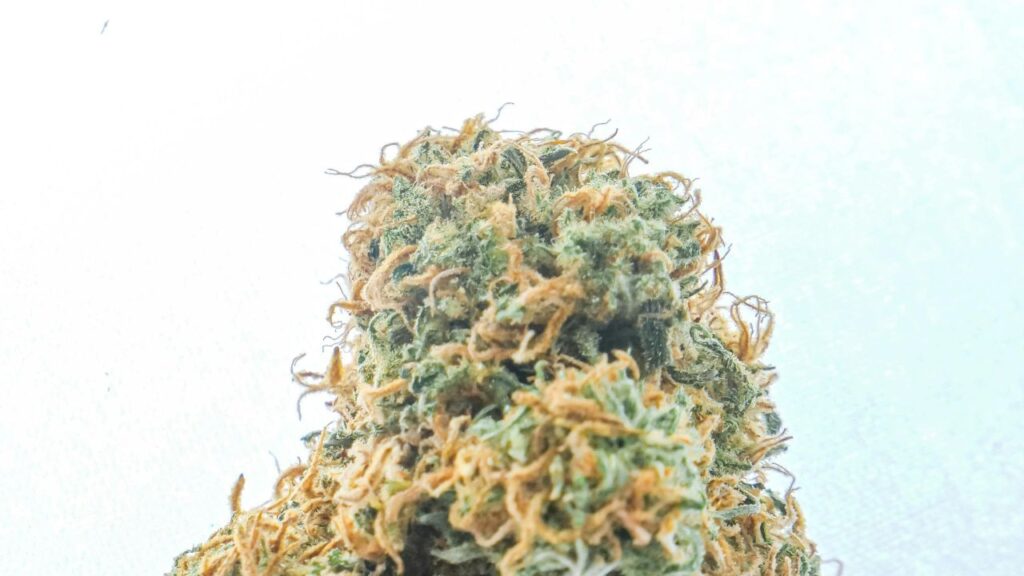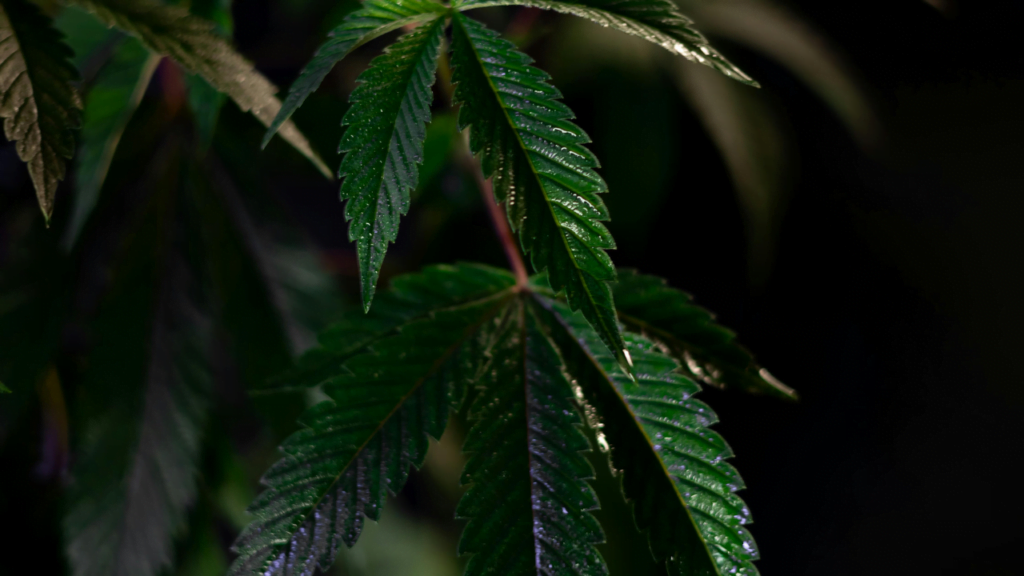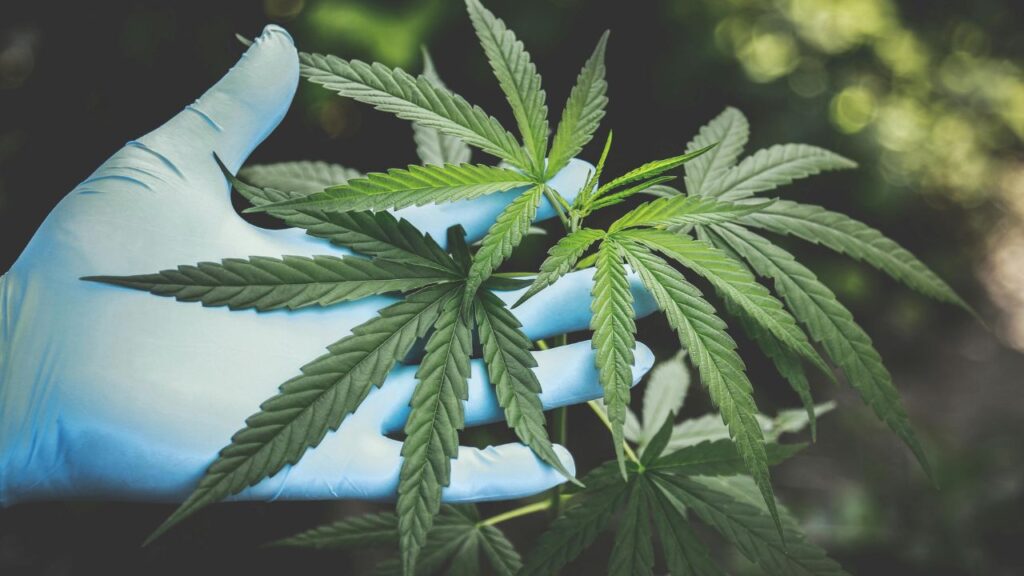Marijuana addiction is a complex issue affecting millions of Americans. As more states legalize cannabis for medicinal and recreational use, understanding the challenges of quitting becomes increasingly important. One significant hurdle for many individuals seeking recovery is navigating the withdrawal process. This article explores the timeline of THC withdrawal symptoms, providing insight into what to expect when discontinuing marijuana use.
The Onset of Withdrawal
THC withdrawal symptoms typically begin within 24 to 72 hours after the last use. For heavy users, symptoms may start even sooner. The initial phase is often characterized by:
- Irritability and mood swings
- Anxiety or restlessness
- Difficulty concentrating
- Insomnia or vivid dreams

Peak Withdrawal Symptoms
Withdrawal symptoms usually peak within the first week of abstinence. During this period, individuals may experience:
- Intense cravings for marijuana
- Decreased appetite
- Headaches
- Night sweats
- Digestive issues
- Depression
The severity of these symptoms can vary greatly depending on factors such as frequency of use, potency of the marijuana consumed, and individual physiology.
Gradual Improvement
After the first week, most physical symptoms begin to subside. However, psychological symptoms may persist for several weeks or even months. Common lingering effects include:
- Mood fluctuations
- Continued sleep disturbances
- Periodic cravings
- Difficulty with emotional regulation
Factors Influencing Withdrawal Duration
The timeline and intensity of THC withdrawal can be influenced by several factors:
- Duration of use: Longer periods of regular marijuana use typically result in more prolonged withdrawal.
- Frequency and amount of use: Daily, heavy users often experience more severe symptoms than occasional users.
- THC potency: Higher potency strains may lead to more intense withdrawal experiences.
- Co-occurring mental health conditions: Individuals with underlying anxiety or depression may face additional challenges during withdrawal.
- Environmental factors: Stress, lack of support, and exposure to triggers can exacerbate withdrawal symptoms.

Managing THC Withdrawal
While THC withdrawal is rarely life-threatening, it can be uncomfortable and challenging. Some strategies to manage symptoms include:
- Staying hydrated
- Engaging in regular exercise
- Practicing relaxation techniques such as meditation or deep breathing
- Maintaining a balanced diet
- Seeking support from friends, family, or support groups
However, for many individuals, professional treatment offers the best chance for successful recovery.
Comprehensive Treatment at Swift River
At Swift River, we understand the complexities of marijuana addiction and withdrawal. Our comprehensive treatment program is designed to support individuals through every stage of recovery, including the challenging withdrawal period.
Our approach includes:
- Medically supervised detoxification to ensure safety and comfort
- Individual and group therapy to address underlying issues
- Holistic treatments such as yoga and mindfulness practices
- Nutritional support to aid physical recovery
- Aftercare planning to support long-term sobriety
By addressing both the physical and psychological aspects of addiction, we help clients build a strong foundation for lasting recovery.
The Path to Recovery
While the journey through THC withdrawal can be challenging, it’s an essential step toward a healthier, marijuana-free life. Understanding the timeline and what to expect can help individuals prepare for the process and seek appropriate support.
If you or a loved one is struggling with marijuana addiction, know that help is available. Swift River’s experienced team is ready to provide the support and care needed to navigate withdrawal and build a foundation for long-term recovery.
Take the first step toward freedom from marijuana addiction. Call Swift River today at 413-570-9698 to learn more about our comprehensive treatment programs.












